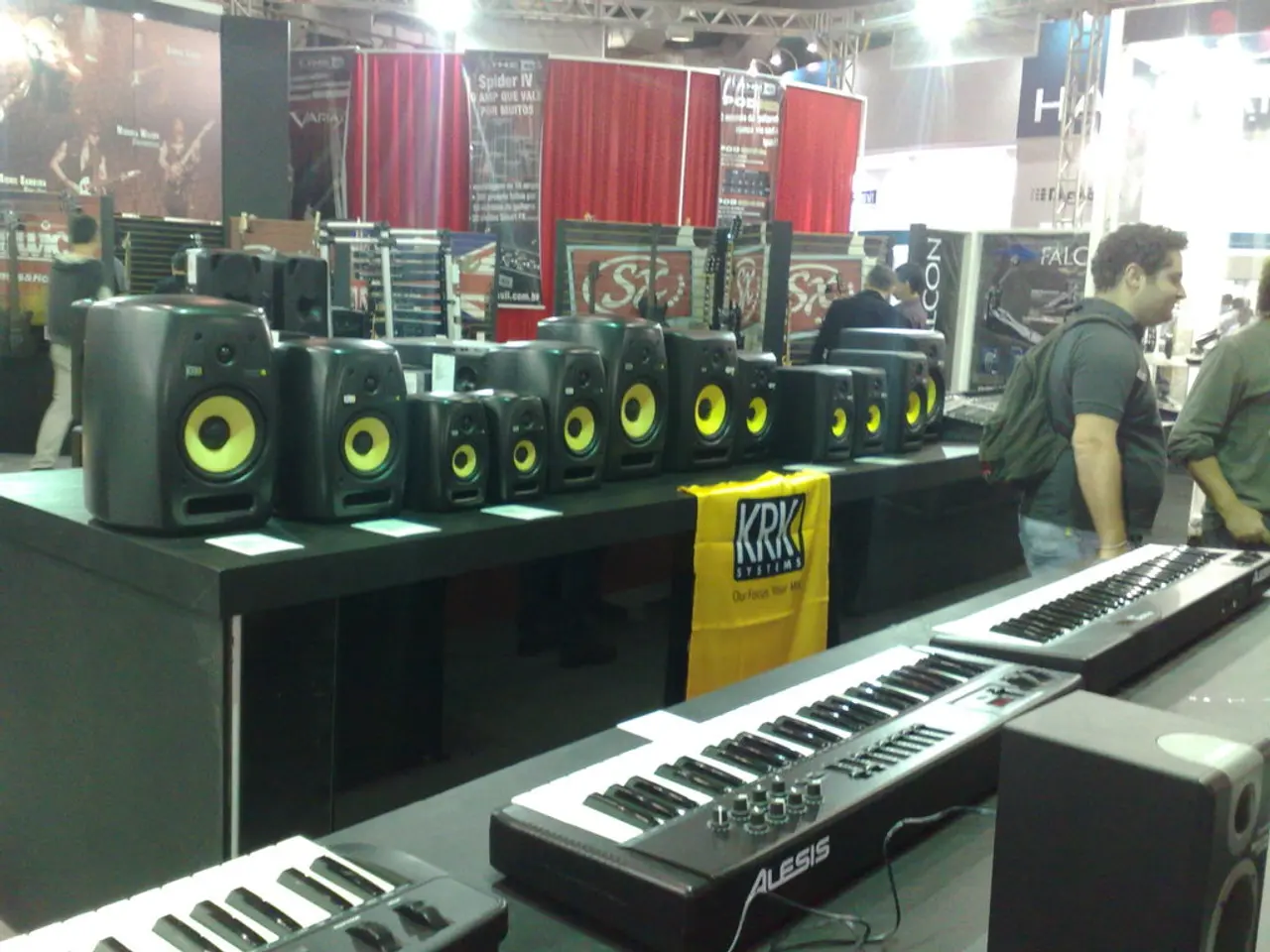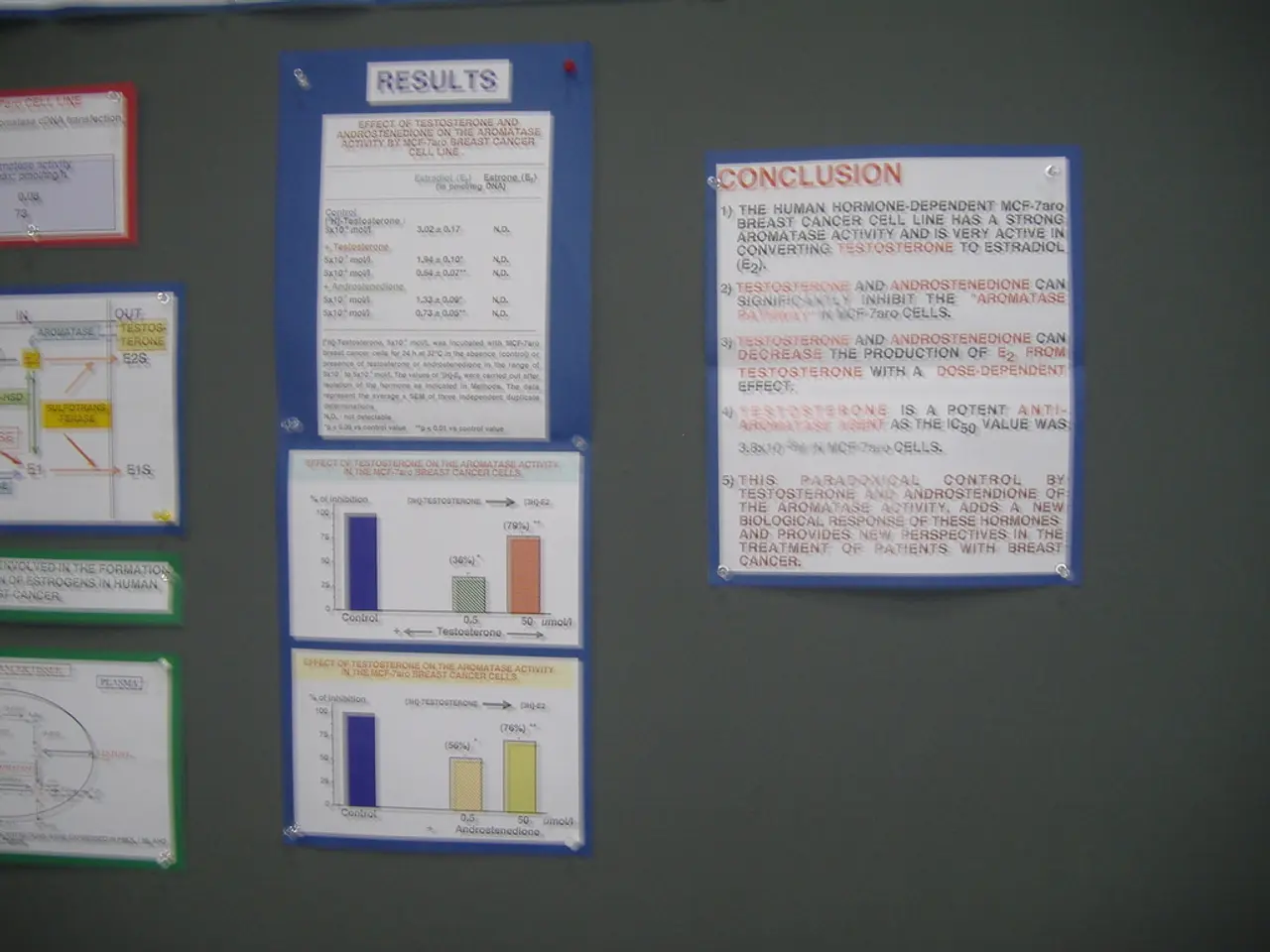HeightenedDutch Gambling Tax Threatens Stability of Legitimate Gaming Sector
The gambling landscape in the Netherlands has experienced a significant transformation since the implementation of the 2025 tax increase, which raised the tax rate to 34.2%. This change has had several notable negative impacts on licensed operators and the overall regulated market.
Since the hike took effect on January 1, 2025, both the online and land-based sectors have experienced a decline in gross gaming revenue (GGR). Operators have seen reduced revenues due to the higher tax burden combined with stricter regulations such as deposit limits and advertising restrictions. The sector reportedly suffered a GGR drop of about 25% in the first half of 2025 compared to previous periods.
Land-based operators are particularly affected because they have fewer ways to offset the increased tax costs, causing profitability challenges. This has raised concerns about the financial stability of responsible operators in the legal market.
The Dutch government had hoped that the tax increase would generate additional income. However, contrary to expectations, the reduced market activity has shrunk the tax base, causing the government to lose around €200 million in potential tax revenue.
The higher taxation and tougher regulations have reportedly pushed some players towards unlicensed or black-market gambling options, undermining player protection and regulatory objectives.
The Dutch Gambling Authority (KSA) has openly admitted the tax policy has failed to meet its goals, warning that financially motivated tax hikes conflict with the goal of improving player protection. The KSA emphasizes that a financially stable legal market is crucial for responsible operator participation and safe gambling environments.
As the tax is set to rise further to 37.8% in January 2026, there are concerns that these pressures may exacerbate unless balanced by policy adjustments.
Pontus Lindwall, CEO of Betsson, has expressed concern that regulation isn't for the benefit of operators but for protecting consumers. He suggests that failing to protect 50% of the market could be seen as a failure. It appears that the majority of online gambling revenue in the Netherlands is going to unregulated sites.
In summary, the 2025 gambling tax increase in the Netherlands has negatively affected licensed operators by reducing revenues and profitability, decreased government tax income, and contributed to a regulatory environment that risks pushing activity towards unlicensed operators. The regulator has called for reconsideration since the tax hike undermines the policy goals of player protection and market stability.
Sports operators may face similar challenges as the gambling sector due to potential tax increases and stricter regulations, leading to decreased revenues and the shifting of activities towards unregulated platforms. A financially stable legal market for sports and gaming is vital for consumer protection and the provision of a safe gaming environment.
Higher taxes and tighter regulations can potentially discourage operators, potentially resulting in a reduction of tax revenue for the government, similar to the gambling sector's experience in the Netherlands. Therefore, it is crucial to balance such policy adjustments with the objectives of consumer protection and market stability.








